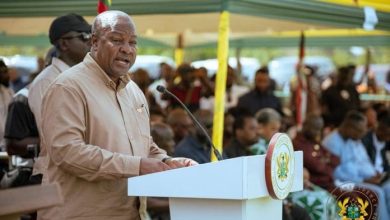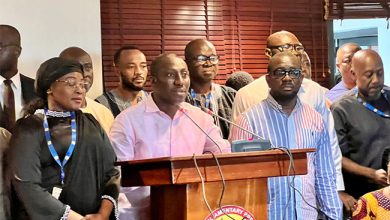2026 Budget to Focus on Boosting Employment Opportunities

The government has announced that the 2026 budget will put job creation at the centre of its fiscal agenda.
The move is aimed at aligning with recent World Bank recommendations to address persistent unemployment and promote private sector-led growth.
Speaking at the launch of the World Bank’s ninth Ghana Economic Update, themed Addressing Labor Market Challenges and Opportunities in Ghana’s Economic Landscape, Deputy Finance Minister Thomas Nyarko Ampem said the report was timely and aligned with the government’s policy direction as budget hearings open next week.
“The upcoming 2026 budget statement and economic policy also provides an immediate window to influence policy decisions especially those relating to real sector issues such as labour and employment. The 2026 budget will focus on jobs. I can confirm that the Ministry of Finance has been repositioned to leverage key insights to achieve a balanced focus on the Economy with the creation of the Real Sector Division. We also now have enhanced focus on evidence-based economic policy through our recently created Research Division,” he said.
Meanwhile, the Deputy Finance Minister adds that government is implementing targeted interventions to tackle unemployment as the economy rebounds from recent fiscal and macroeconomic pressures.
“We have also commenced the implementation of interventions that will provide direct skills and jobs to Ghanaians. The National Apprenticeship Programme, ‘Adwumawura’ and ‘One Million Coders’ programmes have all been designed to build a skilled workforce and create dignified employment opportunities.
“Towards this objective, Government plans to invest about GH¢564.4 million in these three interventions in 2025. In addition, Government is also investing about GH¢410 million, through the National Entrepreneurship and Innovation Programme, in 2025 to unlock the creative energies of the Ghanaian youth.
“In addition, investments in key interventions such as ‘Big Push’ for infrastructure, Agriculture for Economic Transformation and the 24-Hour Economy Programme are bound to accelerate indirect job creation to address the national skills and jobs challenge,” Thomas Nyarko Ampem remarked.










